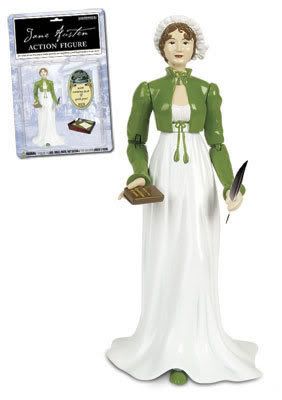Ah, the lazy, hazy days of summer.
And in L.A., the haze isn’t just a line from a song.
Welcome to the kick-off of the annual summer TV critics press tour being held this year at the Beverly Hills Hilton. Well, kick-off is a bit more active than the subject matter would suggest.
PBS was the first up in an almost three-week long parade of TV people here to pitch their shows, and Day 1 that proved to be an acronym for Pretty Boring Stuff, with the major exception being a panel of TV primetime old-timers.
That’s not the way it was supposed to be. This promised to be an exciting interaction between the press and the PBS higher-ups. The appearance of PBS president and CEO Pat Mitchell came on the heels of a half-year of controversy, from pulling an episode of the children’s show “Postcards from Buster” that featured a lesbian couple to the Corporation for Public Broadcast chair Ken Tomlinson spending public funds to investigate PBS.
This is more than you probably want to know, but CPB gets the federal money, or about 15 percent of the total PBS budget, and dispenses it. CPB, in the words of Mitchell, “was set up to be a heat shield between that money and any content that was produced for PBS or for local stations.”
CPB funds and commissions programs but cannot produce programs.
Tomlinson hired Republican lobbyists to determine PBS’ fairness and balance. So how much of a heat shield is that?
“We did not call for (Tomlinson’s) resignation. Some people have,” Mitchell said. “I think this Inspector General’s reports about the surveys and the use of taxpayer dollars are obviously big issues. But it will be up to the Corporation for Public Broadcasting’s board to make that decision about whether he’s asked to step down or not.”
While the government bucks are nice, PBS still relies on tin cup-manship to fund most of its programs. With Exxon-Mobile backing out of funding “Masterpiece Theatre,” you’ll see fewer programs.
“It’s about resources, it’s not about desire,” Mitchell said of the cutback. “It’s funded for two seasons. It’s worrisome (that we haven’t yet found a sponsor).”
Today, members of the Senate will vote on restoring the $400 million in federal funds to the CPB. Some senators have stated that they will approve it if PBS restores some balance in terms of bias and political perspective. In short, they want a more conservative viewpoint on PBS, which traditionally leans more to the left.
Mitchell took a convoluted route to explain that PBS does offer balance in its programming.
As for the episode of “Postcards,” Mitchell said the decision was already made to allow local stations to decide when, or if, they would air the program before a nasty letter was sent by the Department of Education.
“We made the right decision given that we are a membership organization accountable to those stations,” Mitchell said.
So what was the real highlight of the day?
Spending a couple of hours with some TV legends.
Sid Caesar, Red Buttons, Rose Marie, Carl Reiner and Mickey Rooney took the stage to discuss the PBS program “Pioneers of Primetime.”
Caesar looked the most frail among the stars, but he could still spit out the zingers. He said that the remote control is the biggest single technology to change our society.
“If you wanted to change the station, you got up and you had to walk across the room. And while you were there, several people said, `Could you make it a little brighter? Could you turn it down? No, there’s too much red. Stomp your feet. That’s it! The color is coming, keep stomping, Caesar said.
“The remote control took over the timing of the world, that’s why you have road rage, you have people who have no patience because (the remote gave you) immediate gratification.”
Emmy and Oscar winner Buttons was the star of the panel _ and the oldest at 86. He played the room with one snappy line after another. He talked about how his writers, including Neil Simon, left “The Red Buttons Show” to work on Caesar’s brilliant “Your Show of Shows,” which is now available on DVD.
Finally, he said, to the laughs of the audience, even he wanted to leave his show to work with Caesar.
